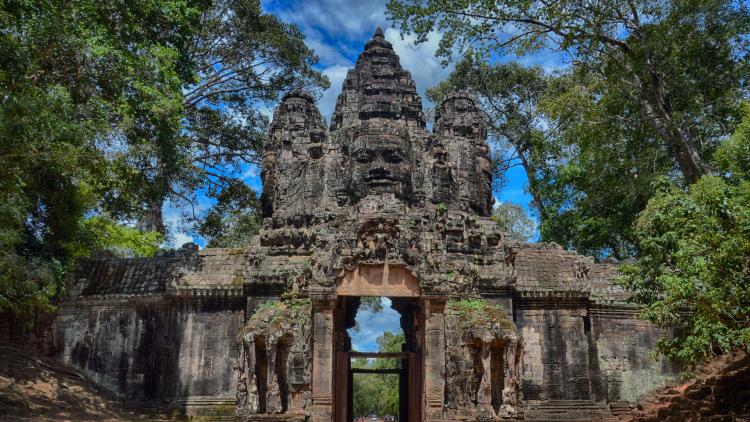History Dissertation Awards, July 2022

It is a great pleasure to announce this year’s History dissertation prizes:
The undergraduate prize had been awarded to Kimberley Eckersley (BA History) for their study on ‘Martyrs and Movies: Ideological examinations of historical consciousness in the ‘war games’ of Japanese animation (2008-2021).’ The panel found Kim’s ISP to be theoretically sophisticated and imaginative. It explores the potential of anime as a historical source to study the social memory of the Asia-Pacific War. Drawing on Cohen’s ‘three keys’ of event, experience, and myth, it traces how the traumatic memory of the war is told in narratives and transformed into myths that shape historical consciousness through the close study of judiciously chosen anime series. It argues that these ‘exist at a nexus point which rejects the prevailing ideological sentiment of previous media depictions of the Asia-Pacific War.’
Honorific mentions go to Jared Harris for his ISP ‘Songs of Pride: the performance of isicathamiya by Zulu migrant men throughout the second half of the twentieth century’ and to Madeline Lord for her ISP entitled ‘Palestina! Kurdistan! Intifada, Serhildan! An exploration of Kurdish-Palestinian solidarities of struggle.’
The postgraduate prize has been awarded to Natalia Lanko (MA History 2020-2021) for her dissertation on ‘The Hamidian Photographic Collection: the absence of workers in the context of imperial knowledge production.’ Natalia’s dissertation brings together scholarship on ‘the rise of subaltern political power, the role of photography in Ottoman politics, and the Ottoman participation in global imperial competition.’ Based on the observation of the absence of representations of workers in a collection of photo albums sent by sultan Abdülhamid II to the British Library and the Library of Congress, it treats absence and erasure as an important element in the process of archival knowledge production. The result is a highly original and compelling study that makes an important contribution to the growing literature on the global histories of labour, migration, radicalism, and imperialism.
Congratulations on these wonderful achievements!


